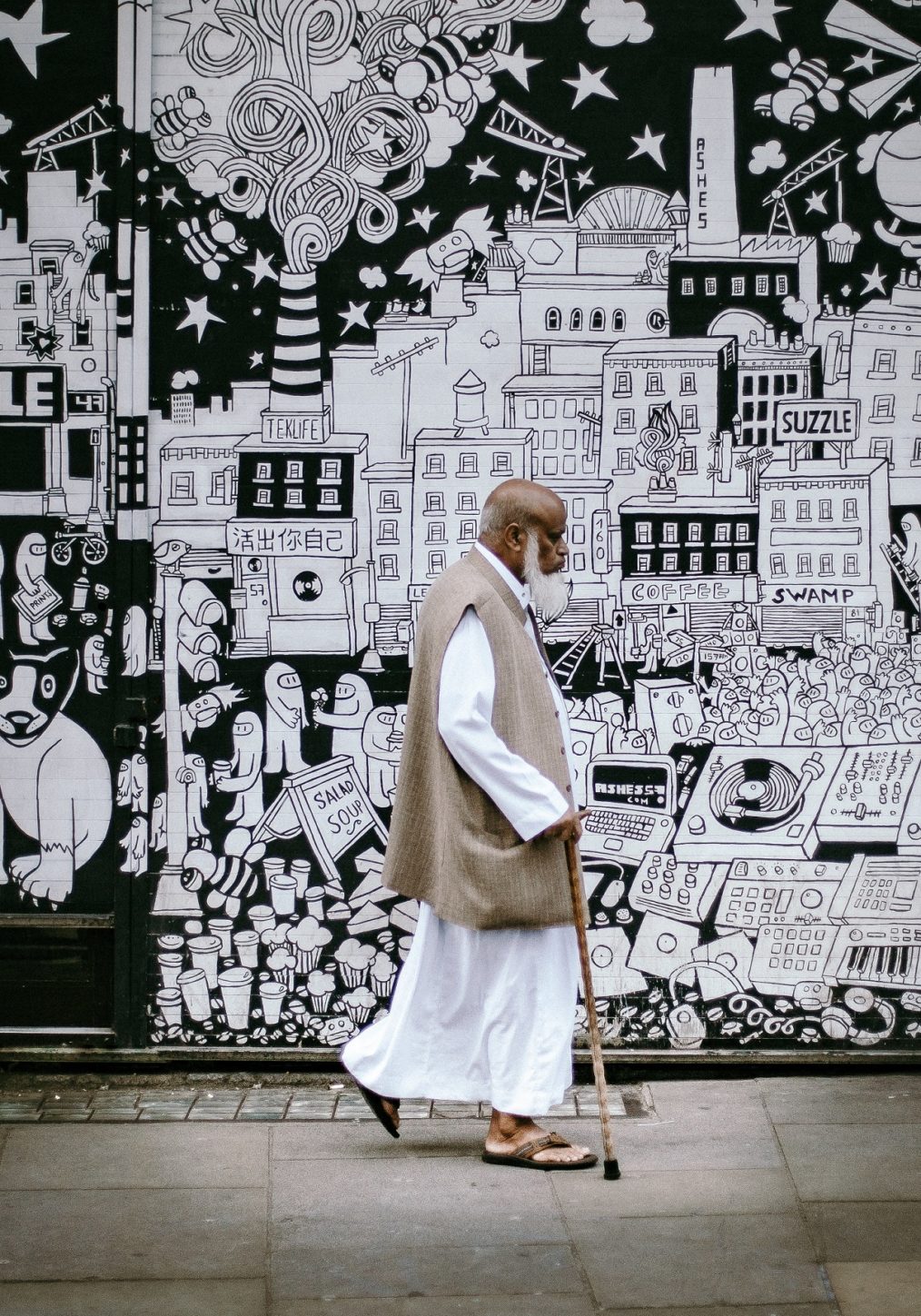
Doesn’t everyone have “him”?
As part of the course Intergroup Relations, third-year psychology students write a popular science article about stereotypes and prejudices. Mindwise publishes a modified version of two of these articles. Today’s article is written by Jana Schöppe, Eva Rüger, Jana Hammelehle, Atal Amini, and Luise Pieper.
Let’s call “him” the racist family member, friend, cousin, co-worker neighbour. Everyone probably knows at least one person with prejudiced or discriminative political attitudes. The favourite topic at the moment of people these attitudes? Most likely the immigration wave into Europe. Their favourite sentence begins with “I am not racist of course, but…” and their fear of refugees leaves everyone else dumbfounded. Fortunately, psychology offers some neat explanations for their fears and also ways to counter them.
“Our categorizations are mostly based on superficial features that come to mind easily, such as skin colour or language.”
Why do we discriminate? The world is complex. To make it easier to live in such an overwhelming environment, we categorize people. In many cases that can be very helpful to make quick decisions. However, our categorizations are mostly based on superficial features that come to mind easily, such as skin colour or language. We thus ascribe certain qualities to groups of people, regardless of whether or not they are true for the individuals within these groups. This is known as stereotyping. Stereotypes often come with a prejudice against certain groups, meaning that we have some type of affective evaluation (quite often negative). This particularly influences behaviour and emotions towards minority groups.
But that doesn’t apply to you, correct? Well think again… many of us have a little “racist companion” on our shoulder whispering in our ear without us noticing it. This is called implicit prejudice. Have you ever chosen the Dutch girl as a roommate over the African boy? Or was your conversation with an Arabic colleague maybe overly polite because you were scared to say something wrong? Don’t let it continue! Acknowledge the little racist voice in your ear. This is the first step to get rid of it. And next time you meet your Arabic colleague, invite him for a coffee and forget about the “Arabic” and talk to the colleague!
“We forget that outgroup members are also individuals with diverse backgrounds and unique characteristics.”
Discrimination gets even stronger due to a phenomenon psychologists call ingroup-outgroup bias. People perceive themselves to be a member of a group (their “ingroup”) and distinguish themselves and other ingroup members, from those that belong to another group: the outgroup, or enemy, if you will. Now two things happen when we categorize others in different groups than ourselves. Firstly, we perceive our own group to be superior to the outgroup. This can lead to discriminatory behaviour. Secondly, we perceive outgroup members to be more similar to each other than they actually are. Thus, we forget that outgroup members are also individuals with diverse backgrounds and unique characteristics.
Now that we understand the process of categorization that enables racism and discrimination, what can we do to take away the fear and help our societies grow together instead of apart? A first step would be to restructure the way how we categorize people. Instead of categorizing Refugees vs Europeans, we can make different categories more salient.
“What can we do to take away the fear and help our societies grow together instead of apart? A first step would be to restructure the way how we categorize people.”
For example, organize a sport tournament in your neighbourhood. And this time let cat-lovers play against dog-lovers, parents against children… You may learn that your cat-loving, new neighbour from Syria is unbeatable in soccer and scores the winning goal. By getting to know our fellow inhabitants as individuals, we hopefully will come to understand that different does not necessarily mean dangerous.
Note. Photo by Clem Onojeghuo on Unsplash.



